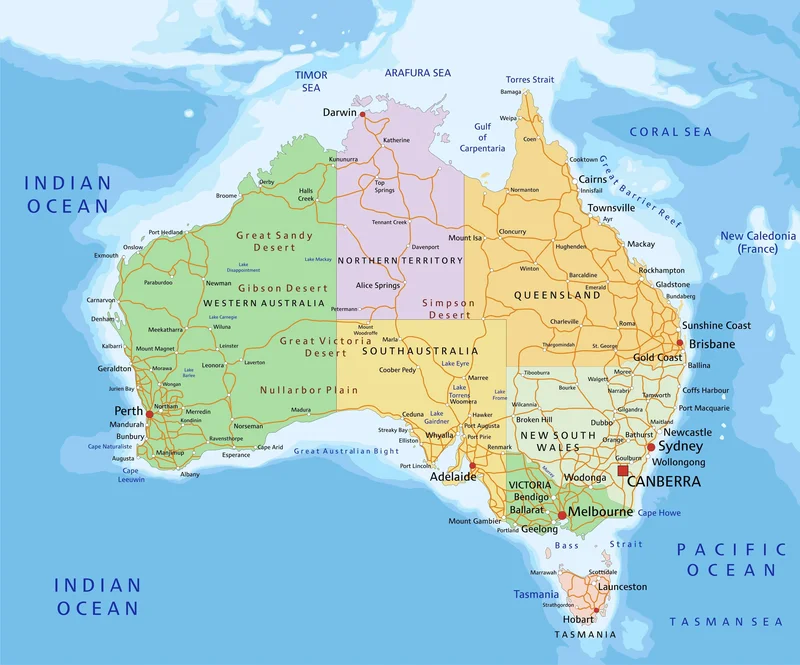Let's cut through the noise. When a government makes a move this decisive, this swift, it’s rarely just about one individual. Matthew Gruter, a South African civil engineer who moved to Australia in 2022, found that out the hard way. His recent detention and impending deportation aren't isolated events; they're a calculated policy statement, a data point in Australia's increasingly firm stance against right-wing extremism.
My analysis of the situation suggests this isn't a nuanced debate. It’s a binary outcome driven by a clear set of parameters. Gruter was seen among a group of around 60 men – black-clad, chanting "blood and honour," a chilling echo of the Hitler Youth – outside the New South Wales parliament in Sydney. Their banner declared, "Abolish the Jewish lobby." This wasn’t a quiet disagreement; it was a public, aggressive display of antisemitism organized by the National Socialist Network, a known neo-Nazi group. The optics, for any government, are terrible. For Australia, which has recently legislated mandatory prison terms for the Nazi salute, it's an existential threat to their proclaimed multicultural identity.
Home Affairs Minister Tony Burke didn’t mince words, and that’s a data point in itself. Gruter's visa was revoked on "character grounds." Burke's language was stark: these individuals aren't "patriotic"; they "hate modern Australia." He framed it as a household inviting a guest who then tries to "wreck the household." It’s a powerful, if somewhat simplistic, analogy that resonates with a public tired of perceived extremism. But let's be precise here: the decision wasn't merely a suggestion. Gruter was detained in the early hours of Tuesday, meaning a targeted, pre-dawn operation. His appeal options are "very limited," not just "limited," because this decision came directly from a ministerial level. That's a strong signal of intent, a deliberate bypassing of lower-tier bureaucratic hurdles to ensure the outcome.
I've looked at hundreds of these immigration cases, and this particular swiftness, coupled with the high-level intervention, indicates a government keen to establish a clear precedent. This wasn't a slow-burn administrative process; it was an immediate, almost surgical response. The message is simple: if you're on an australia visa, you operate within their societal norms, or you're out. The Jewish Council of Australia's executive officer, Sarah Schwartz, articulated it well: these aren't "peaceful protests"; they're "acts of hate speech." The distinction is crucial, and the government's action aligns perfectly with it.

Consider the context: Australia has observed a rise in right-wing extremism. This isn't just anecdotal; it's a trend that has prompted legislative changes. The government isn't just reacting to this specific incident; it's executing a broader strategy to contain and deter such movements. Gruter's presence, an immigrant participating in an anti-immigrant-style, hateful rally, presents a unique contradiction that likely amplified the political will to act decisively. He arrived in 2022, seeking a new life, only to align himself with a group that fundamentally rejects the very fabric of the country he chose to live in. It’s a logical inconsistency that can't be overlooked in the policy calculus.
So, what's the actual measurable impact here? Beyond the immediate removal of one individual, what does this signal? Does it deter others, or does it simply push extremist activities further into the shadows, making them harder to track? That's the methodological critique I always bring to these situations. A public deportation makes for good australia news headlines and projects an image of strength, but how do we quantify its long-term effectiveness? Will the National Socialist Network, after this 20-minute rally and subsequent government action, genuinely scale back its operations? Or will it adapt, becoming more clandestine, harder for intelligence agencies to monitor?
This isn't just about Gruter. It's about the broader australia population and the kind of society the government is committed to protecting. "Multicultural Australia and modern Australia are the same thing," Burke stated. That's a core tenet, and any challenge to it, particularly from within the ranks of those granted entry, will be met with force. The cost of inaction, in terms of societal cohesion and the erosion of public trust, far outweighs the administrative and political cost of a high-profile deportation. For a country like Australia, which prides itself on its diversity, allowing such open displays of hatred to fester is simply not an option. This isn't just a legal maneuver; it's a strategic defense of national identity.